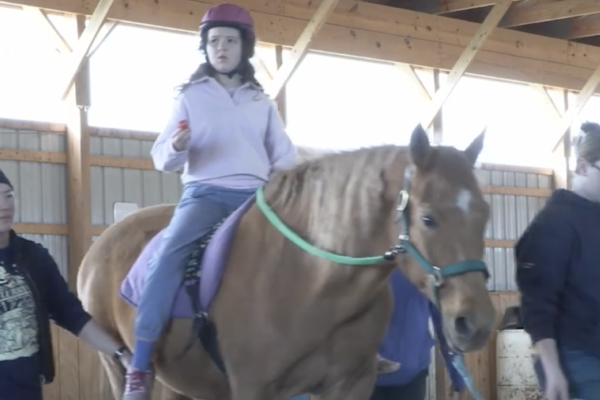
SYRACUSE, NY (NCC News) – The bill that forces TikTok’s parent company ByteDance to sell the social media platform or face a total ban in the US received overwhelming support in the House this week.
Should the bill receive the same response in the Senate vote, this will raise a question of the integrity of the first amendment.
“An outright ban clearly violates the spirit of the First Amendment. Whether it actually can withstand judicial scrutiny is another matter,” said Elliot Lewis, professor of communication law at Syracuse University.
Under the first amendment, the government can enact time, place, and manner restrictions on speech under two conditions. As long as the restriction does not constitute a total ban and it is a narrowly tailored solution to the problem, according to Lewis.
For example, book bans in school districts hold up in court because those same banned books are available elsewhere on the market. Removing TikTok from the app store would constitute a total ban because that’s the only place users can download the app.
There is one argument that may allow for this ban to withstand first amendment litigation.
“As long as there are other alternative means of communication that a ban might be able to withstand a constitutional challenge,” said Lewis.
As many social media platforms have adopted the short-form video format, there may be grounds to build a case on this. In fact, Instagram Reels currently has more than twice as many active users as TikTok.
The reason behind the bill is concerns with the China-based company having access to data on so many American users.
This aligns with the way that some users feel on the platform.
“The more I scroll on this, the more it’s altered to my preference which is scary. Sometimes I’m on Instagram, and I see something on Instagram that I see on TikTok, which is really scary,” said Joy Chen, active TikTok user.
On the other hand, some users believe that less data privacy is just a part of being on the Internet in this age, and that selling TikTok to a U.S. company does not ensure more data privacy.
“I know that I do use a lot of other social media platforms that are US based,” said Nicole Hopwood, an active TikTok and Reels user. “So a lot of my information’s already out there. We’re nervous for something that’s already happening, that’s already happened.”
There is no set date for the Senate vote that could pass this bill.




